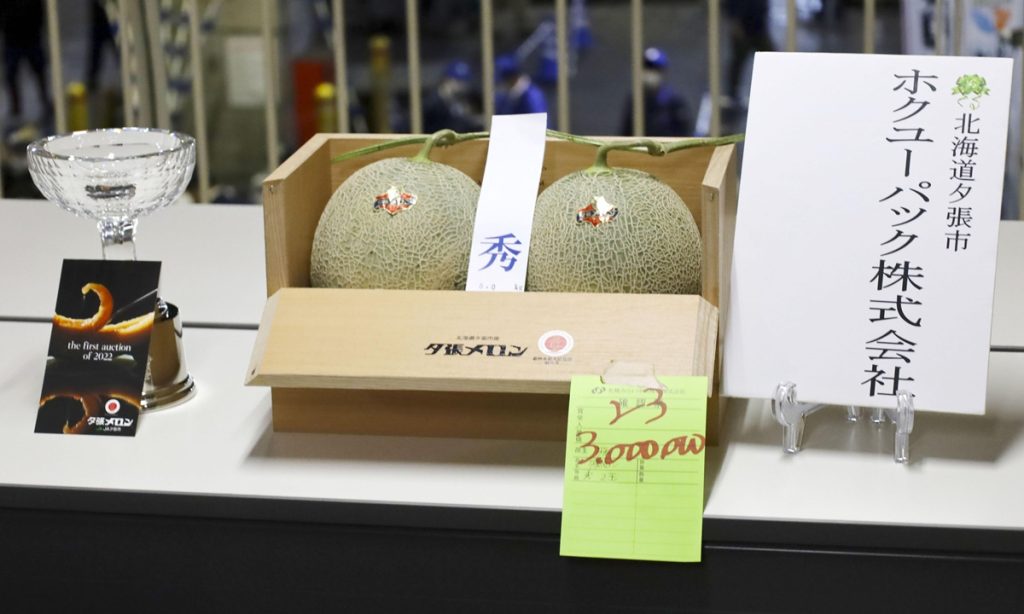Japan's central bank raises interest rates, first time since 2007, to accommodate rising CPI, wages

Japan's central bank moved on Tuesday to raise the benchmark interest rate for the first time since 2007. The hike calls an end to the eight-year negative interest rate in Japan, which has been suffering from protracted deflation.
In a widely anticipated move, the Bank of Japan (BOJ) raised its short-term interest rates to around 0 percent to 0.1 percent from -0.1 percent, according to the bank's statement following a two-day policy meeting.
The central bank also abandoned yield curve control (YCC), a policy which had been in place since 2016 that capped long-term interest rates around or even below zero.
In response to the adjustment, major stock indexes in Japan rallied on the Tuesday. The Nikkei 225 closed Tuesday, up 0.66 percent, while the Tokyo Stock Price Index rose by 1.06 percent.
The BOJ said that it assessed the "virtuous cycle" between wages and prices, realizing that the price stability target of 2 percent rise would be attained this year.
The year-on-year rate of increase in the country's CPI is likely to come in at above 2 percent this year, the bank said.
The Japan's largest labor union organization, Rengo, announced Friday that it has reached an agreement for a 5.3-percent annual wage increase in spring wage negotiations, which is 1.5 percentage points higher than last year and the largest salary increase in 30 years.
As Japan's rising wages are expected to lead to positive growth in spending and consumer prices, it is necessary for tighten the country's monetary policy now, Zhao Qingming, a Beijing-based veteran financial analyst told the Global Times on Tuesday.
Overall, the impact on China is not expected to be significant as Japan's rate hike is relatively cautious, Zhao said.
Chen Zilei, director of the Research Center for Japanese Economics at Shanghai University of International Business and Economics, told the Global Times on Tuesday that Japan's rate hike would not significantly affect the Chinese economy.
Chen dismissed concerns that the return of overseas money to Japan would produce a significant impact on China's economy.
The BOJ cautioned that it's not about to embark on aggressive rate hikes, saying that it "anticipates that accommodative financial conditions will be maintained for the time being."
Fitch Ratings said it expects the BOJ to raise the interest rates at a very gradual pace, possibly reaching 0.25 percent at the end of 2025, according to its Global Economic Outlook for March sent to the Global Times. The international rating agency anticipates the Japanese economy will grow by 0.6 percent in 2024.